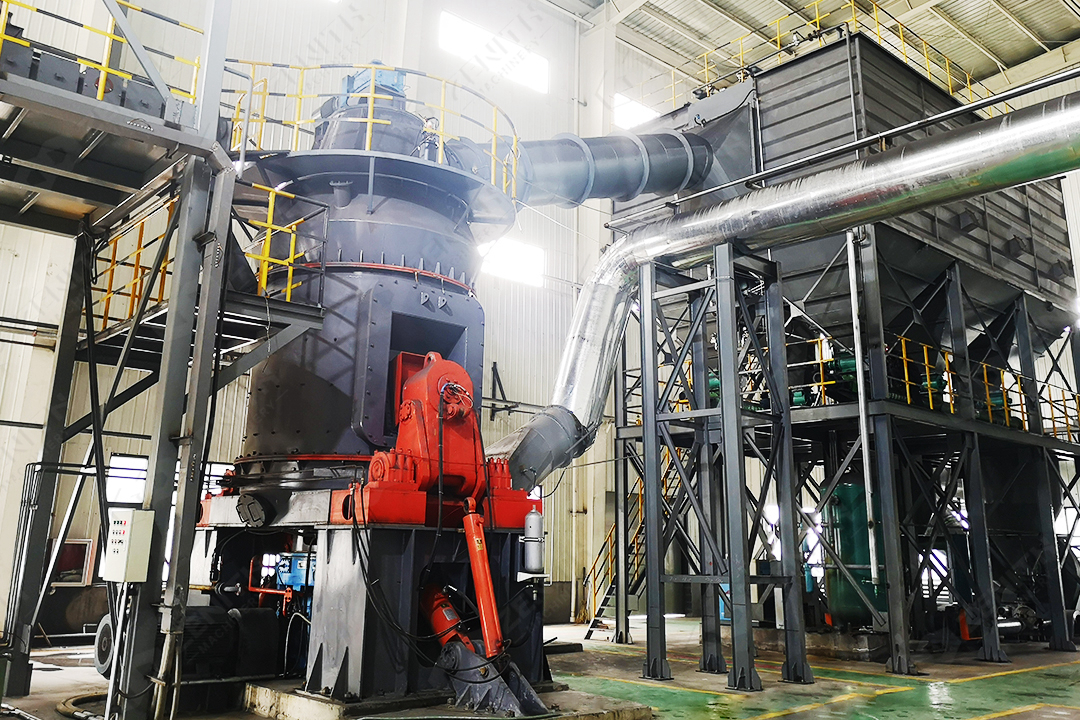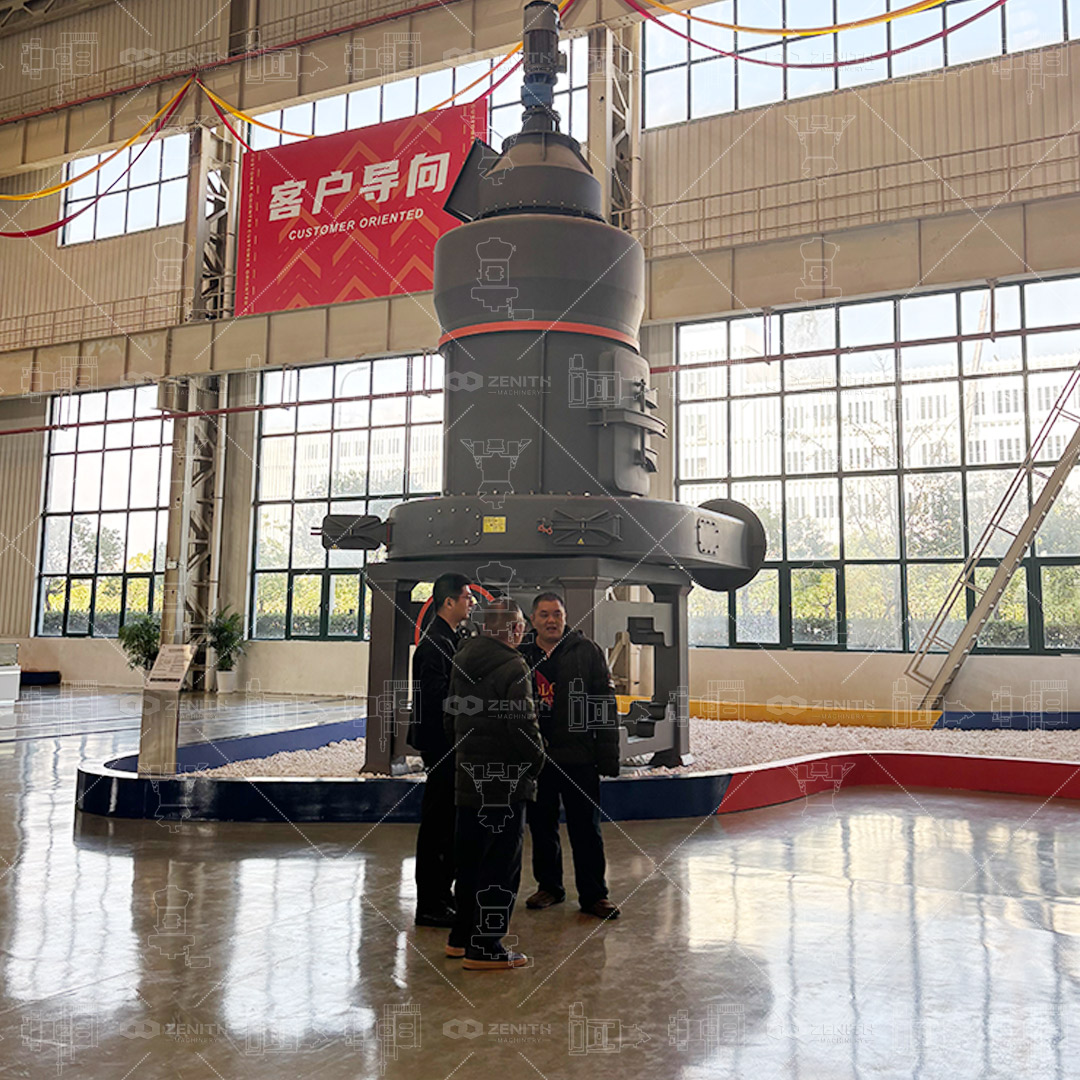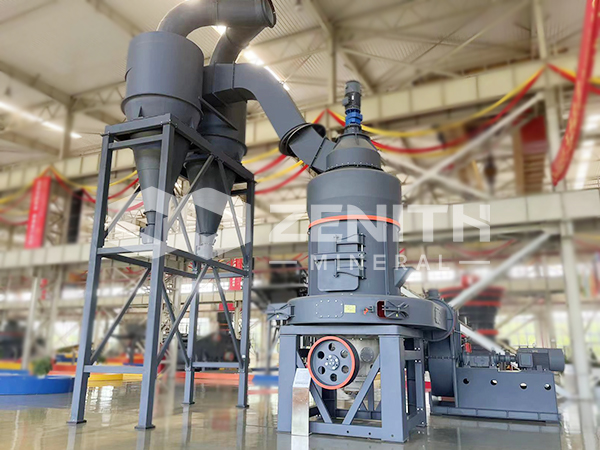Price of 80-200 mesh grinding mill
2025-11-10 11:43:53
When considering the acquisition of an 80-200 mesh grinding mill, the initial purchase price is just one component of a comprehensive investment analysis. At Zenith Machinery, we believe in transparently guiding our clients through the technical specifications and long-term value propositions of our grinding equipment, enabling informed decisions that align with both operational requirements and budgetary constraints.
The 80-200 mesh range represents a crucial spectrum in powder processing, bridging the gap between coarse aggregates and ultra-fine powders. This fineness level is particularly vital in industries such as agriculture, chemical manufacturing, paint production, and construction materials like wall putty. Our engineering philosophy centers on delivering machines that not only meet this specification but do so with exceptional efficiency and reliability.
_1762746233075.jpg)
Our MTW European Trapezium Mill stands as a prime example of this commitment. Engineered for producing 80-400 mesh fine powder with capacities reaching up to 50 tons per hour, this mill represents a significant advancement in grinding technology. The price of this system reflects its integrated production approach – from bulk material handling to finished powder classification – all within a single, streamlined system that minimizes plant footprint and foundation costs.
For operations requiring proven reliability with decades of field validation, our MTM European Trapezium Mill offers exceptional value. Having served industries for over 30 years in producing 80-325 mesh mineral powders, this workhorse delivers consistent performance with lower initial investment. The operational economics become particularly compelling when considering energy consumption – both MTW and MTM series consume approximately 60% less energy compared to traditional ball mills of equivalent capacity.

Vertical grinding solutions present another dimension in the price-performance equation. Our LM Vertical Grinding Mill operates with 24-hour continuous running capability, making it ideal for large-scale mineral powder plants, cement facilities, and GGBS production. The pricing structure for these systems accounts for their high degree of automation, which significantly reduces labor costs while maintaining consistent product quality. The compact integrated design reduces space requirements by approximately 50% compared to ball mill systems, translating to substantial savings in civil engineering and infrastructure costs.
Beyond the initial equipment cost, several factors significantly influence the total investment. The modular impeller adjustment system featured across our trapezium mills allows for producing different fineness levels simply by changing impellers, eliminating the need for multiple specialized machines. This flexibility provides long-term savings as production requirements evolve. Similarly, the high-efficiency impeller fan technology improves air induction efficiency from 62% to 85%, reducing auxiliary power consumption and operational expenses.
_1762746233081.jpg)
Environmental compliance represents another critical cost consideration. All Zenith grinding systems operate under controlled positive and negative pressure conditions with integrated pulse dust collectors, ensuring adherence to international environmental standards. This integrated approach eliminates the need for additional pollution control equipment, which can represent significant secondary investments when purchasing less comprehensive grinding solutions.
The working principles underlying each mill type also impact long-term operational costs. Whether utilizing the centrifugal grinding action of vertical mills or the roller-and-ring compression of Raymond mills, each system is optimized for specific material characteristics and production volumes. Our technical team works closely with clients to match the appropriate technology to their specific raw material properties, target output, and operational constraints, ensuring optimal return on investment.

Service life and maintenance requirements constitute significant portions of the total cost of ownership. Zenith mills incorporate high-quality steel in critical components and premium abrasion-resistant materials in vulnerable areas. The reversible structure of our LUM Ultrafine Vertical Grinding Mill, for instance, enables quick repair and replacement of wear parts, minimizing downtime and maintenance expenses.
With our global presence spanning over 180 countries and overseas offices in more than 30 nations, Zenith provides comprehensive after-sales support that protects your investment. Our ISO international quality system certification, European Union CE certification, and Customs Union CU-TR certification provide additional assurance of product quality and reliability, reducing long-term operational risks.
_1762746233085.jpg)
Ultimately, the price of an 80-200 mesh grinding mill should be evaluated within the context of total operational economics – including energy efficiency, maintenance requirements, production flexibility, and long-term reliability. Zenith grinding solutions are engineered to optimize all these factors, delivering superior value throughout the equipment lifecycle.
Frequently Asked Questions
What is the typical delivery time for an 80-200 mesh grinding mill?
Standard delivery ranges from 30 to 60 days depending on model specification and customization requirements. Expedited shipping options are available for urgent projects.
How does the energy consumption compare between different mill types for 80-200 mesh production?
Our MTW and MTM trapezium mills consume approximately 60% less energy than traditional ball mills. Vertical mills typically offer 30-50% energy savings compared to conventional grinding systems.
Can the same mill produce different fineness levels beyond the 80-200 mesh range?
Yes, most Zenith mills feature adjustable fineness controls. The MTW and MTM series can produce powder from 80-400 mesh, while XZM ultrafine mills can reach 3250 mesh with single classification.
What materials are suitable for 80-200 mesh grinding with your equipment?
Our mills process various materials including limestone, calcite, dolomite, barite, talc, calcium carbonate, gypsum, and other non-metallic minerals with hardness below 7 Mohs.
Do you provide installation supervision and operator training?
Yes, we offer comprehensive installation guidance, commissioning support, and detailed operator training programs to ensure optimal mill performance and safety.
What warranty coverage comes with your grinding mills?
All Zenith mills come with a standard 12-month warranty covering manufacturing defects, with extended warranty options available for critical components.
How often do grinding rollers and rings need replacement?
Service life varies by material abrasiveness, but typically ranges from 2,000 to 5,000 operating hours. Our high-chrome alloy components offer extended service life in abrasive applications.









